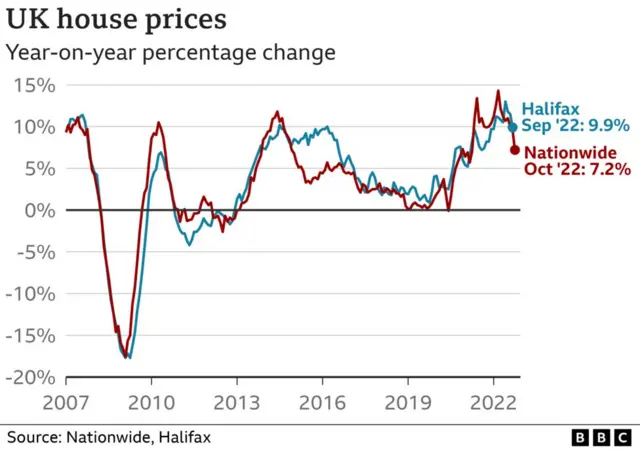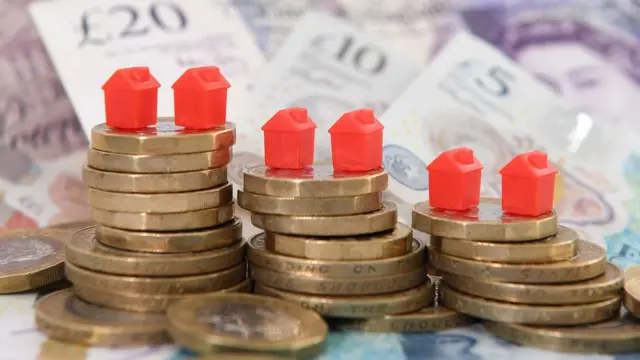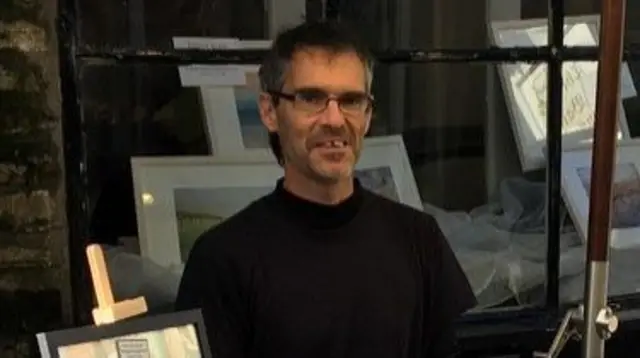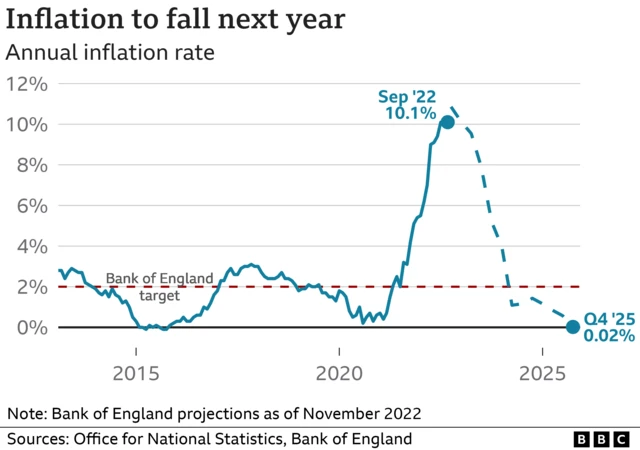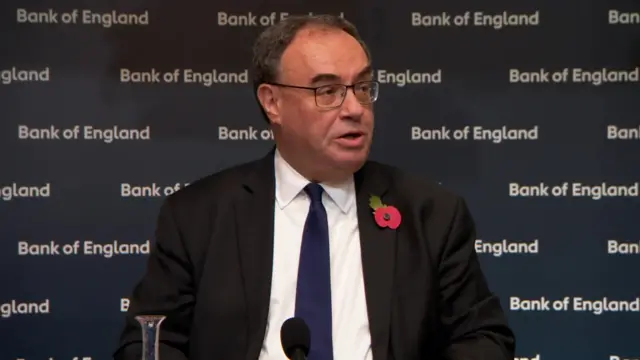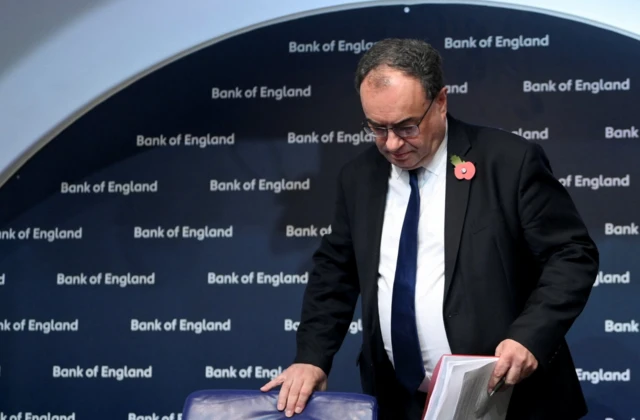'I'm moving back in with my parents due to rent rise'published at 14:40 GMT 3 November 2022

University of Derby Student Mthabisi Mlauzi has been renting with his girlfriend in the city but after the landlord put the rent up by £100 a month, they are moving back in with their parents.
"I haven't lived with my parents for a long time. It's quite hard to be in that situation as an adult. It is quite a step back in our relationship," Mthabisi says.
The couple fell £1,600 into arrears as a result of trying to balance the rent with a £500 energy bill and had no choice but to rethink their living arrangements.
"We honestly thought we could get kicked out any day for about three months. We were living scared."
The 27-year-old says he broke down and cried when thinking about how he was going to manage everything, and thinks long term he will be driven to leave the country.
"We've been together five years and now we're having to stop things. As a man, I'm quite old school and I want to be able to provide and not being able to do that feels quite hard - I feel embarrassed about the whole situation.
"All I can see is just everything going up. I can't see things getting better. Eventually I'm going to have to end up leaving this country and look for opportunities elsewhere."

